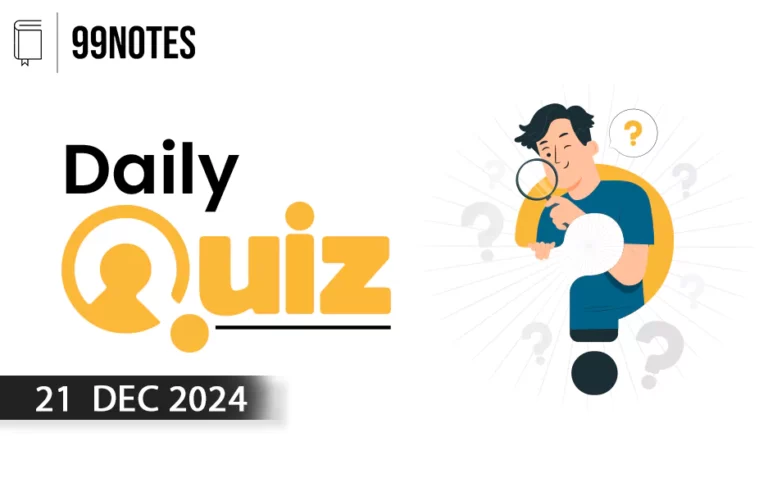4 December 2024 : Daily Answer Writing
Q1) What does the following quotation mean to you?
“The price good men pay for indifference to public affairs is to be ruled by evil men.” – Plato
ANS
According to me through this quote, Plato highlights the significance of citizen participation in the governance process to ensure good governance. He emphasizes the need to keep the representatives and bureaucracy accountable.
Lack of citizen participation in public affairs may result in the following:
- Lack of accountability: Public officials may face less scrutiny and become complacent about ethical conduct. This can create opportunities for corruption which further discourages citizen participation.
- Low voter turnout weakens the legitimacy of elected officials and makes them less representative of diverse viewpoints. It may result in policies that cater to narrow interests. Powerful lobby groups and special interests may wield greater influence over policy decisions resulting in nepotism and policy capture.
- Loss of social capital: Without a strong sense of community and shared purpose, individuals are less likely to come together to address common issues or advocate for their rights. It may disproportionately affect marginalized groups and exacerbate socio-economic inequality.
- Policy divergence: When policymakers lack regular input from citizens, they may be less aware of the public’s needs and priorities resulting in misaligned policies. E.g., Demonetization led to hardship for MSMEs
- Weakened democracy: Apathy and disengagement can create a vicious cycle where low participation reinforces a sense of powerlessness and further discourages active engagement.
Following are the ways to enhance citizen participation in public affairs:
- Digital initiatives, e-governance, etc., increase ease of citizen participation and promote social innovation and creativity in creating local solutions. E.g., MyGov.in portal.
- Strengthening the RTI framework and whistleblower protection: Transparency regarding the government’s work will empower citizens as it imposes answerability on the administration. It will reduce the chances of corruption, nepotism, and favoritism.
- Social audits, feedback, 360-degree reviews, etc., can aid in imparting probity in public officials by ensuring accountability. E.g., provision of social audit in MGNREGA.
- Involvement of various experts and members from NGOs in policy making can aid in improving the policy outcome and prevent policy mismatches.
- Strengthening legal mechanisms like the Lokpal and Lokayukta Act, 2013, and Prevention of Corruption Act, 1988 to ensure speedy justice and deter corrupt practices.
- Electoral reforms: Lifetime ban on criminal convicts; Reform in anti-defection law; reducing money and muscle power, etc. to guarantee free and fair elections can better facilitate engagement of citizens to ensure good governance.
Active citizenry contributes to informed decision-making. Citizen participation is a cornerstone of responsive governance, contributing to the legitimacy and effectiveness of government institutions.


